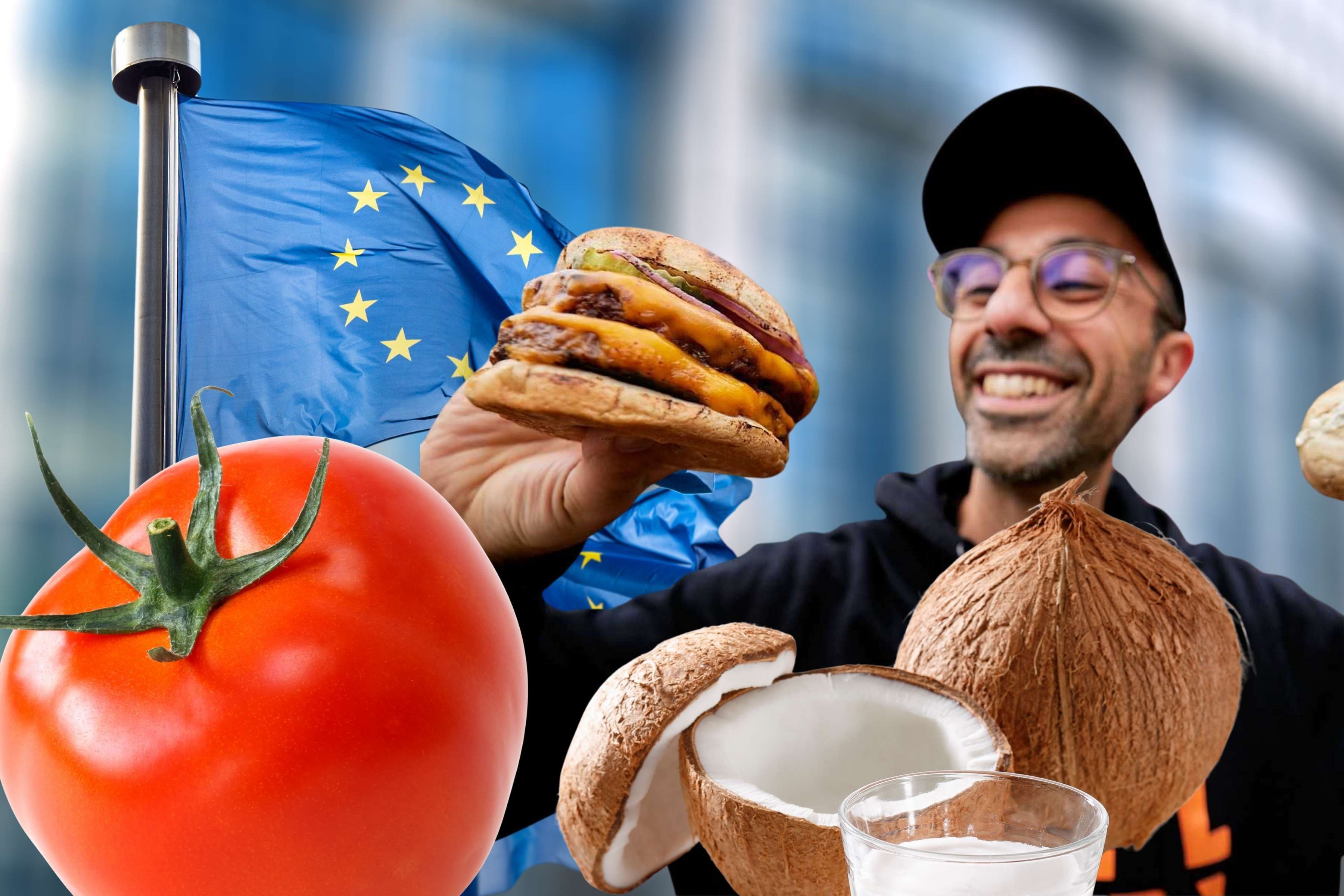Are plant-based meats really indistinguishable from animal-based products?
Alternative meat products are close enough in taste and texture to their animal-based counterparts as to be indistinguishable, according to new research. <br><br>Nuggets in particular are singled out as a product that is virtually the same whether made from real chicken or alternatives. <br><br>But is this really true? Impact Loop puts these results to the test.


The biggest barrier to wider adoption of plant-based and alternative meat products has long been taste – but that hurdle may soon be a thing of the past. So suggests a new report from Nectar, an American research house specialising in plant-based alternative proteins.
According to their ‘sensory research,’ plant-based nuggets have approached animal-based so much in taste as to be virtually indistinguishable.
Such news, if true, would be great news for an industry that’s struggling to maintain its sales growth. As cost of living crises bite, and anti-green backlashes in some countries push people away on ideological grounds, the industry needs all the boosts it can get. And with the environmental benefits of a diet free from animal meat already known (the UN estimates annual carbon savings of over 2 tonnes per consumer), global uptake of alternatives is clearly in demand.
Is the 'flavour gap' finally closing?
Plant-based and alternative meats have been around a long time, and popular consensus throughout that time has generally been that such products are inferior in taste and texture to their animal-based counterparts.
Innovations in recent years, such as the Impossible burger and Just Egg’s plant-based egg products, have suggested that ‘flavour gap’ is closing, and the Nectar report set out to see just how far.
Using blind taste panels, the researchers set out to test plant-based products across five categories: burgers, hot dogs, bacon, nuggets and tenders (basically another kind of nugget).
The results, broadly, were very encouraging. A third to half of survey participants ranked the flavour of the leading plant-based products as passably similar to their meat-based counterparts, with breaded products like nuggets and tenders the clear stand-outs.
However, we here at Impact Loop decided to do our own (highly unscientific) test. Here we go!
The nugget test
Along with my vegan friend Diana, I decided to run my own experiment. I live in the South of France, so I wasn’t expecting a huge selection of vegan products but to my surprise, my local supermarket had both vegan and chicken nuggets at reasonably similar prices (380g for €5.99 and 400g for €4.99, respectively).
We also ordered vegan nuggets from V&V House, a vegan burger place in Marseille’s trendy Cours Julien district. Setting up a simple blind test at home, Diana laid out three plates for the two sets of vegan nuggets and the one set of chicken. My task was simple: identify which of the three were the chicken nuggets. It was surprisingly tricky.
On the first pass through, I thought each subsequent nugget was the ‘real’ one, eventually settling on the last plate. They were so similar in taste and texture as to be indistinguishable. On the second pass, Diana switched the plates around and once again it was very hard, I went with the middle, reasoning that it was the one that tasted the least like chicken.
My task was simple: identify which of the three were the chicken nuggets
The result: shockingly close
As it happens, I was right both times, but it was extremely close, and my decisions were barely more than guesses. Two other guests agreed that they were virtually indistinguishable, and said they’d have no problem making the switch.
Taste parity is "on the horizon," according to the Nectar report, something I can believe from this little experiment. But the authors also argue that taste is a more important factor than price, which does not chime with what others have been telling us at Impact Loop.
Particularly not in Europe, where cost of living crises continue to bite. The era of the ‘green premium’ is over, said Louise Heiberg of Nordic Foodtech VC. "For a moment of time, we thought that we could put an extra price on top of everything, just because it had a sustainable angle, or a more sustainable product," said Heiberg. "But the industry and consumers have shown they are not willing to pay for it."
With global consumption of meat – whether plant- or animal-based – projected to continue rising over the first half of this century, the news that the ‘flavour gap’ is closing should be welcome, but the successful uptake of alternative proteins may well also rely on the closure of the ‘price gap.’
Get full access to Europe's new platform for impact news
- Quality journalism, interviews, investor profiles and deep-dives
- Daily newsletter with top stories, latest funding rounds and roundup to keep you in the loop
Keep reading – get in the loop!
- Håll dig i loopen med vårt dagliga nyhetsbrev (gratis!)
- Full tillgång till daglig kvalitetsjournalistik med allt du behöver veta inom impact
- Affärsnätverk för entreprenörer och investerare med månatliga meetups
Fortsätt läsa – kom in i loopen!
- Håll dig i loopen med vårt dagliga nyhetsbrev (gratis)!
- Full tillgång till daglig kvalitetsjournalistik med allt du behöver veta inom impact
- Affärsnätverk för entreprenörer och investerare med månatliga meetups









